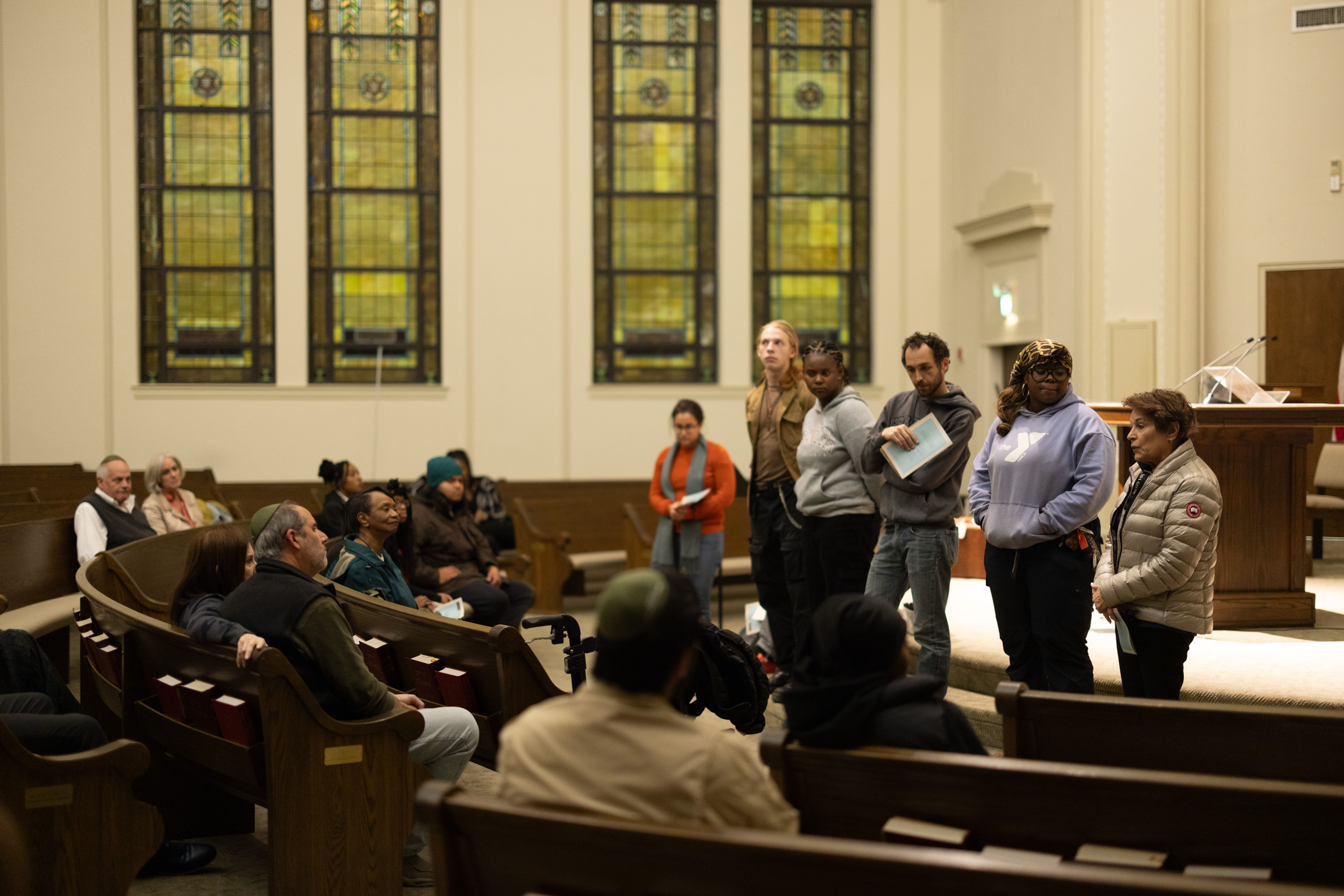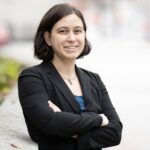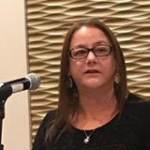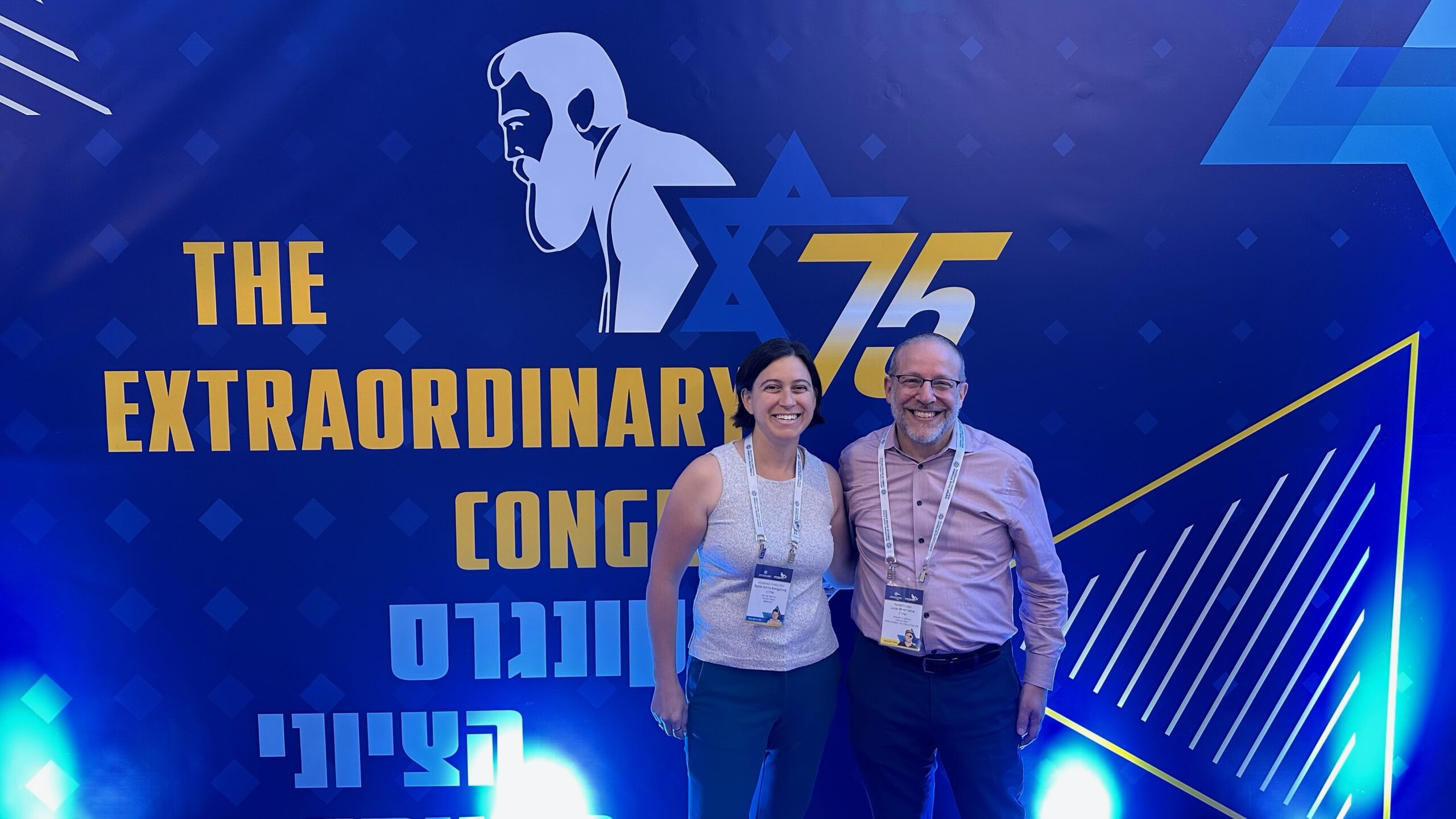
Longing for Israel permeated the Jewish world for two millennia—longing for sovereignty, to walk in the spiritual footsteps of ancestors, to fulfill the unique religious commandments of the Eretz Yisrael, or simply to call the Promised Land home. With the miraculous emergence of a powerful, independent, Jewish, and democratic Israel in our lifetime, new longings have emerged. From synagogues to social media to the political stage, it is now common to hear pointed, uncomfortable questions about whether or not Israel is fulfilling its promises in the Promised Land.
Particularly for those under the age of thirty-five, accepting and supporting Israel’s purpose and realities is no longer a given in the Jewish community. Indeed, in some quarters of the Jewish world, there emerge strong sentiments against Israel. These are painful and frightening trends that need to be addressed.
At USCJ’s Fuchsberg Jerusalem Center (FJC)—home of the Conservative Yeshiva, Nativ, Moreshet Yisrael and so much more—our programs of educational and Israel experience do not focus directly on politics, Israel advocacy, or anti-BDS activism. We appreciate and support the work that others are doing on these issues. And while many of our students come to FJC deeply immersed in love of Israel, even if it is tempered by critique of Israeli realities on the local and global stage, there are also many students from across the spectrum of background and practice who, for whatever reason, are unsure about how to understand Israel’s purpose. Even as they seek opportunities to study in Israel, they are ambivalent and even opposed to Israeli policies regarding the state’s treatment of non-Orthodox Jews, the place of Arabs in Israeli society, or the ongoing conflict with the Palestinians. Our job is to encourage these individuals to deepen their long-term connection with Israel through a generative, informed, inspiring conversation that will continue with their peers and communities back home.
As described in a lovely collection entitled Yearning for the Holy Land: Hasidic Tales of Israel by Yoel Rappel, Rabbi Aryeh Leib Segal, a student of the Maggid of Mezritch, is said always to have longed to move to Eretz Israel. In fact, when he set out on any journey from his hometown in Eastern Europe, he used to say that regardless of where he was going, the trip was meant to bring him closer to Eretz Israel. It was also said that every letter that he sent included the phrase “on my way to the Holy Land, to life and peace.”
Something about Reb Aryeh’s longing resonates with the question of Israel engagement today, and how, at FJC, we approach the challenge. For one, seeking Israel is a constantly evolving process. Reb Aryeh knew he was always moving closer to Israel, but he didn’t know how and he didn’t know when. It was a path that opened before him with each and every step he took. This approach—that the path of Israel engagement is surprising, individualistic, and rarely a straight line—is echoed not just in FJC’s educational approach, but in how USCJ approaches Judaism: an authentic and dynamic Judaism that changes and evolves in vital kehillot and fully engaged individuals.
Many times young adults who are deeply unsure about Israel’s place in their lives, the life of their communities, or on the world stage have not had the opportunity to try new ways of talking about Israel, seeing it differently, even stumbling on the path to places of discomfort or hard questions within a respectful space of proud, active, vibrant Zionism like FJC that wants to hear them. We embrace open conversation and myriad paths to Israel and Jewish engagement because we hold that, ultimately, there are countless ways to enter the Promised Land.
Whether through our Torah of Human Rights track, a weekly Israel Experience program our team is launching this year, or partnering for experiences and perspective with blue chip organizations from the left and the right and everywhere in between, we encourage students to bring their excitement, their doubts, and their pre-conceived notions to their learning, knowing that in an authentic and dynamic engagement of Israel, everyone has their own path—like Reb Aryeh—to the Holy Land, to life and peace.
Eventually, Reb Aryeh found his way to Israel, settling there to study and teach and live out his dream. When he was approaching his final days, he asked that his gravestone be inscribed with the following line: He loved Torah.
At FJC, our Torah—the Torah that we love—is indivisible from love of Israel. But loving Israel is a practice full of life, open to new experiences, and ultimately a process leading somewhere new. It can start from nearly anywhere as long as the educators who nurture it are respectful, knowledgeable, and empathetic. It’s always possible to renew and be renewed by an Israel experience, even in what is challenging and unexpected about it. We see the challenges of Israel engagement for young adults as an exciting opportunity, an authentic and dynamic Jewish journey beginning every year with every student. As our programs continue to grow in size and diversity, we are proud to share our learning with the USCJ network.
Dr. Stephen Arnoff is the Executive Director of USCJ’s Fuchsberg Jerusalem Center.









